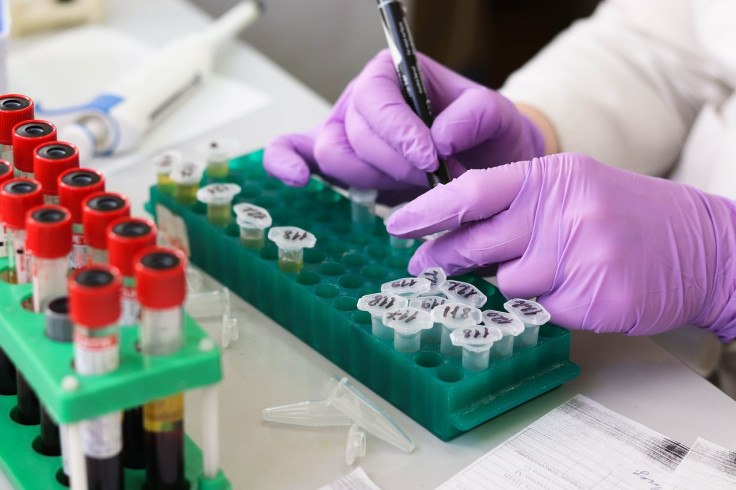
Scientists have developed a new class of antibiotics to treat drug-resistant bacteria that cause deadly infections in humans.
The novel antibiotic, Zosurabalpin, shows promising results in treating highly drug-resistant strains of Carbapenem-resistant Acinetobacter baumannii (CRAB) in mouse models, according to the study published in Journal Nature. The research was conducted by Roche Pharma Research and Early Development in Switzerland.
CRAB is a pathogen resistant to nearly all antibiotics, and is responsible for deadly infections in the blood, urinary tract and lungs. It is particularly concerning as it could cause large outbreaks among hospitalized patients and nursing home residents.
The trial showed that Zosurabalpin could considerably reduce bacterial levels in mouse models with CRAB-induced pneumonia. The drug could also prevent death in mice that had CRAB-related sepsis.
Antibiotic-resistant bacteria belong to Gram-negative group of pathogens that has an outer protective shell with lipopolysaccharide (LPS), which allows them to evade the immune system. No antibiotics for treating Gram-negative bacteria have been approved in the last 50 years.
"This new class of antibiotics prevents bacteria from creating their outer membrane, which provide structure to the bacteria and help them survive in harsh environments and cause infection," said Kenneth Bradley, a study author.
Bradley calls their discovery a "scientific breakthrough" that could potentially help identify other drugs that work similarly against antibiotic-resistant bacteria.
"The new molecule overcomes the existing drug-resistance mechanisms that the currently available antibiotics are failing to address. Discovery of the mode of action of Zosurabalpin in Acinetobacter may enable the identification of other drugs that work in the same way in other antibiotic-resistant bacteria," Bradley added.
Michael Lobritz, another study author and head of infectious diseases at Roche, calls antimicrobial resistance a "silent pandemic."
"Over the next 30 years, it is projected to claim more lives than those taken by cancer today, according to the report of the economist Jim O'Neill," Lobritz said. The new drug is currently in phase 1 clinical trial.
Acinetobacter infections are typically associated with people undergoing extended hospitalizations, especially patients in the intensive care units, or on ventilators and catheters, and those with open wounds from surgery. People with weakened immune systems, chronic lung disease or diabetes are at high risk. The infection spreads from one person to another through contact with contaminated hands, surfaces, or shared equipment.







